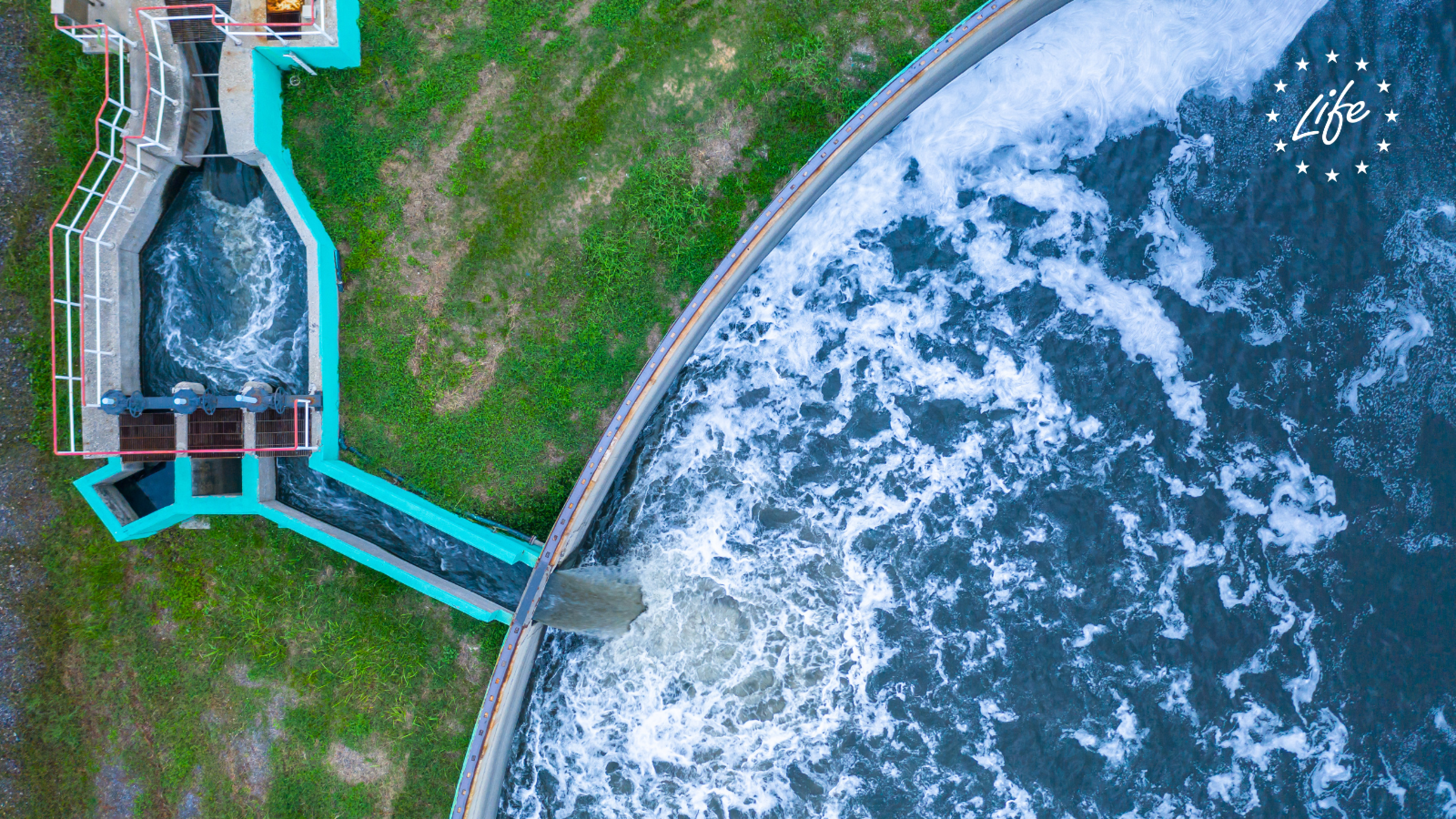Revised EU Urban Wastewater Treatment Directive: Ensuring Wastewater Discharge is Dealt with Properly to Protect the Environment and Human Health
Urban wastewater is one of the main sources of water pollution if it is not collected and treated according to EU rules.
It is often contaminated with bacteria, viruses, harmful chemicals, including micropollutants, and an overload of nutrients, which, when untreated and discharged into the environment, affect our health and damage our rivers, lakes and coastal water.
Since the EU’s Urban Wastewater Treatment Directive was adopted in 1991, the quality of European rivers, lakes and seas has radically improved. With the help of EU funding, Member States have set up collecting systems and urban wastewater treatment plants.
Over 30 years later, the revised Urban Wastewater Treatment Directive builds on this legacy and addresses remaining pollution and new challenges in urban wastewater management.
Objectives
The revised Urban Wastewater Treatment Directive, which entered into force on 1 January 2025, protects human health and the environment from the effects of untreated urban wastewater. It requires EU countries to ensure that towns and cities properly collect and treat wastewater cost-effectively.
It aims to:
- Improve water quality through stricter water treatment and the inclusion of new pollutants;
- Strengthen the EU’s polluter-pays principle by ensuring that those responsible for pollution bear the costs of remediating it;
- Advance circularity through water reuse and the recovery of valuable resources from wastewater;
- Address climate change through GHG emission reduction of treatment plants and urban adaptation to heavy rainfall;
- Ensure access to sanitation for all, particularly the most vulnerable and marginalised.
Law
The revised Urban Wastewater Treatment Directive protects Europe’s water quality and drives innovation in the water sector by requiring EU countries to:-
- Collect and treat wastewater in all urban areas of more than 1,000 inhabitants;
- Remove more nutrients that otherwise cause harmful eutrophication with tertiary treatment;
- Remove micropollutants with quaternary treatment, financed through extended producer responsibility by the sectors responsible for the pollution;
- Make treatment plants energy-neutral and reduce their greenhouse gas emissions by 2045;
- Monitor wastewater for health parameters, such as SARS-Covid and anti-microbial resistance.
Implementation
Until 2028, all 27 Member States are required to report on the implementation of the old Urban Wastewater Treatment Directive. In 2028, the reporting system will move to report under the revised Directive, which no longer requires written reports as detailed below.
Reporting requirements
To monitor implementation progress, the Commission requires countries to adhere to certain reporting requirements.
- Member States must ensure that situation reports on the disposal of urban wastewater and sludge are published by the relevant authorities or bodies every two years. The Directive requires that the Commission also receive a copy of the report. (Article 16 of the Directive)
- Member States must provide the Commission with information on the status and programme of implementation for the Directive. Commission Decision 93/481/EEC provides the information that this report should contain and the format in which it should be supplied. The first report should be updated every two years. (Article 17 of the Directive)
- Member States must collect monitoring data and make it available to the Commission within six months of receipt of a request. To date, the Commission has issued such requests every two years. (Article 15 of the Directive)
For questions about EU environmental policy, please contact Europe Direct.

